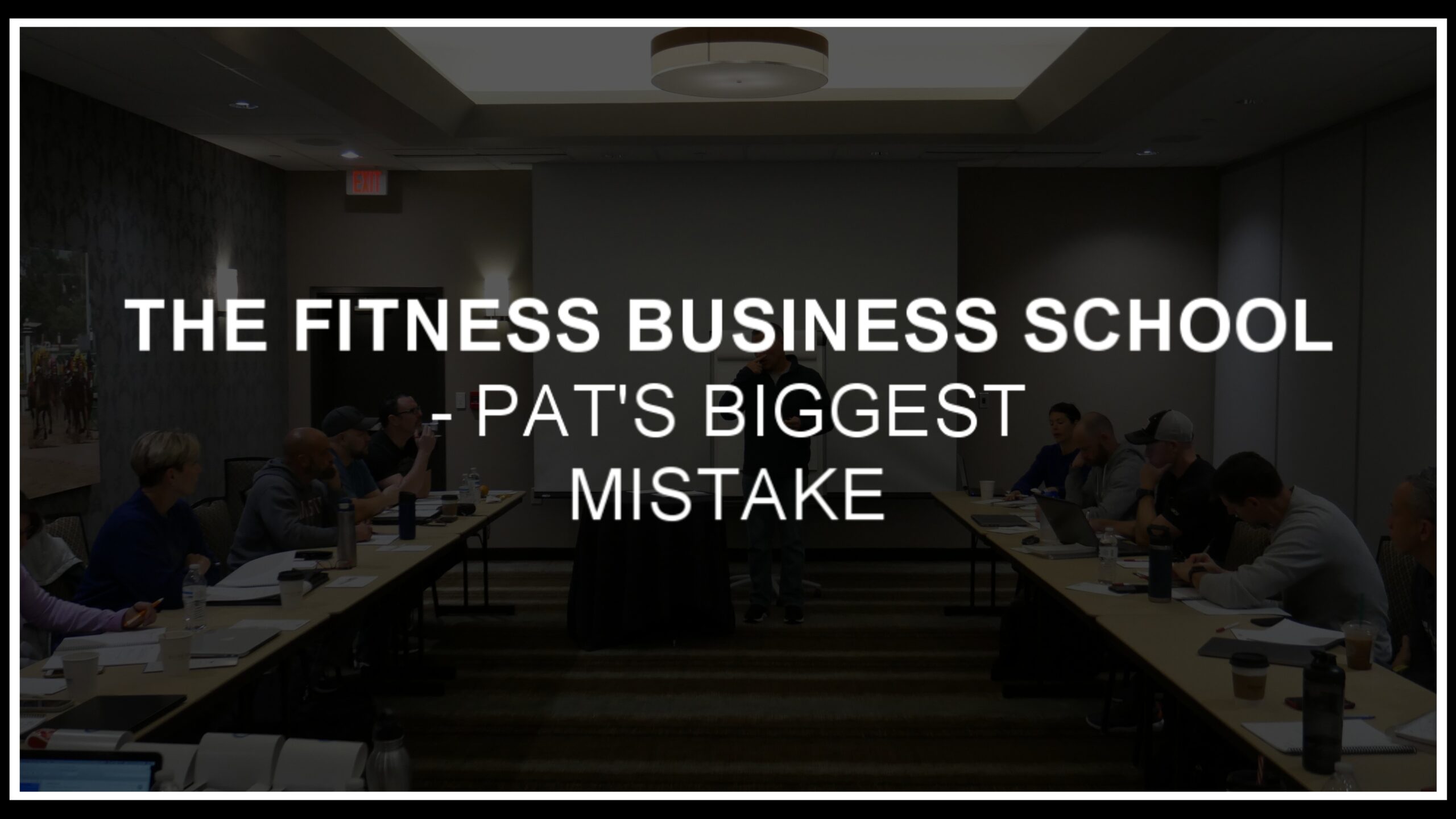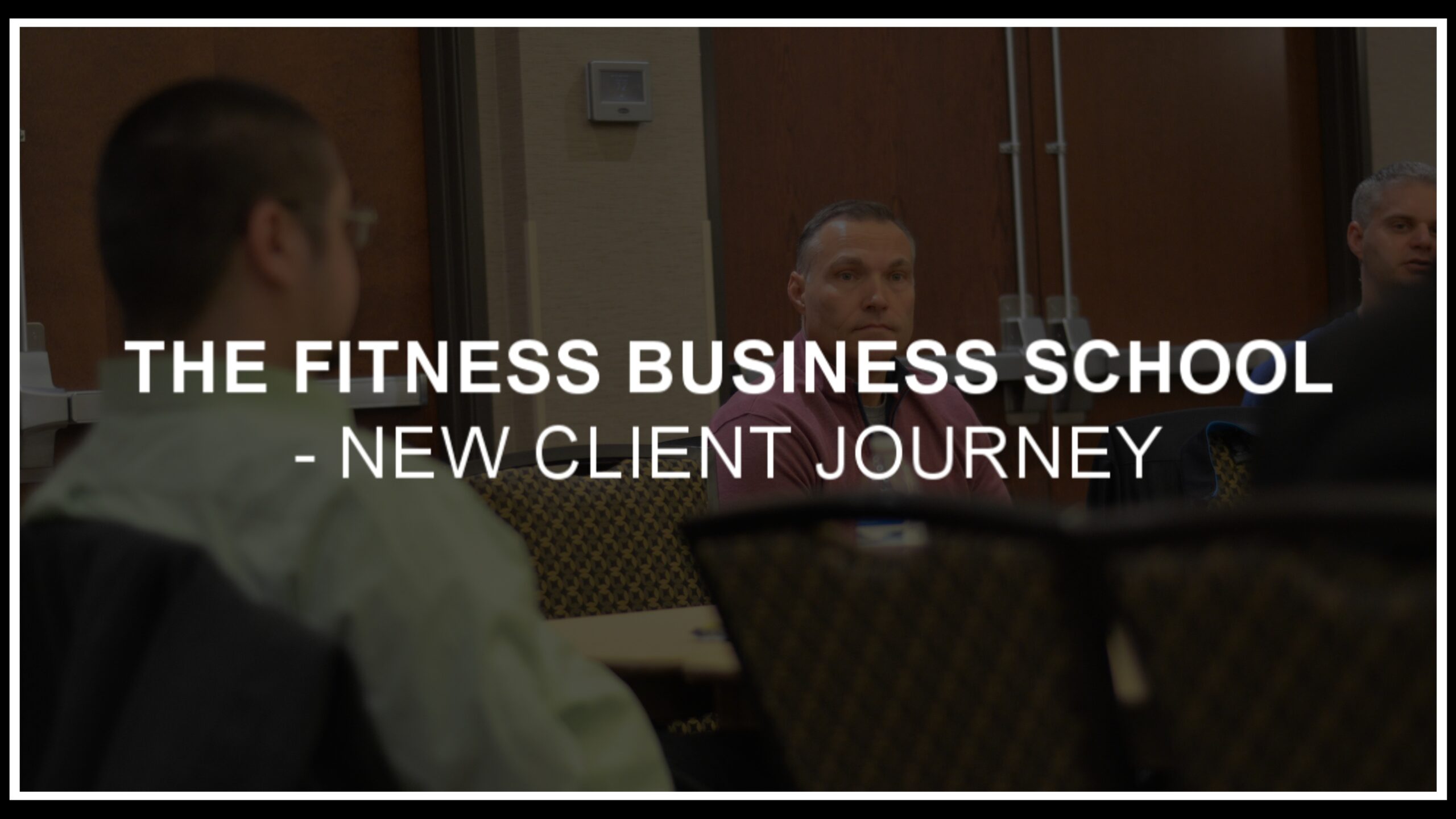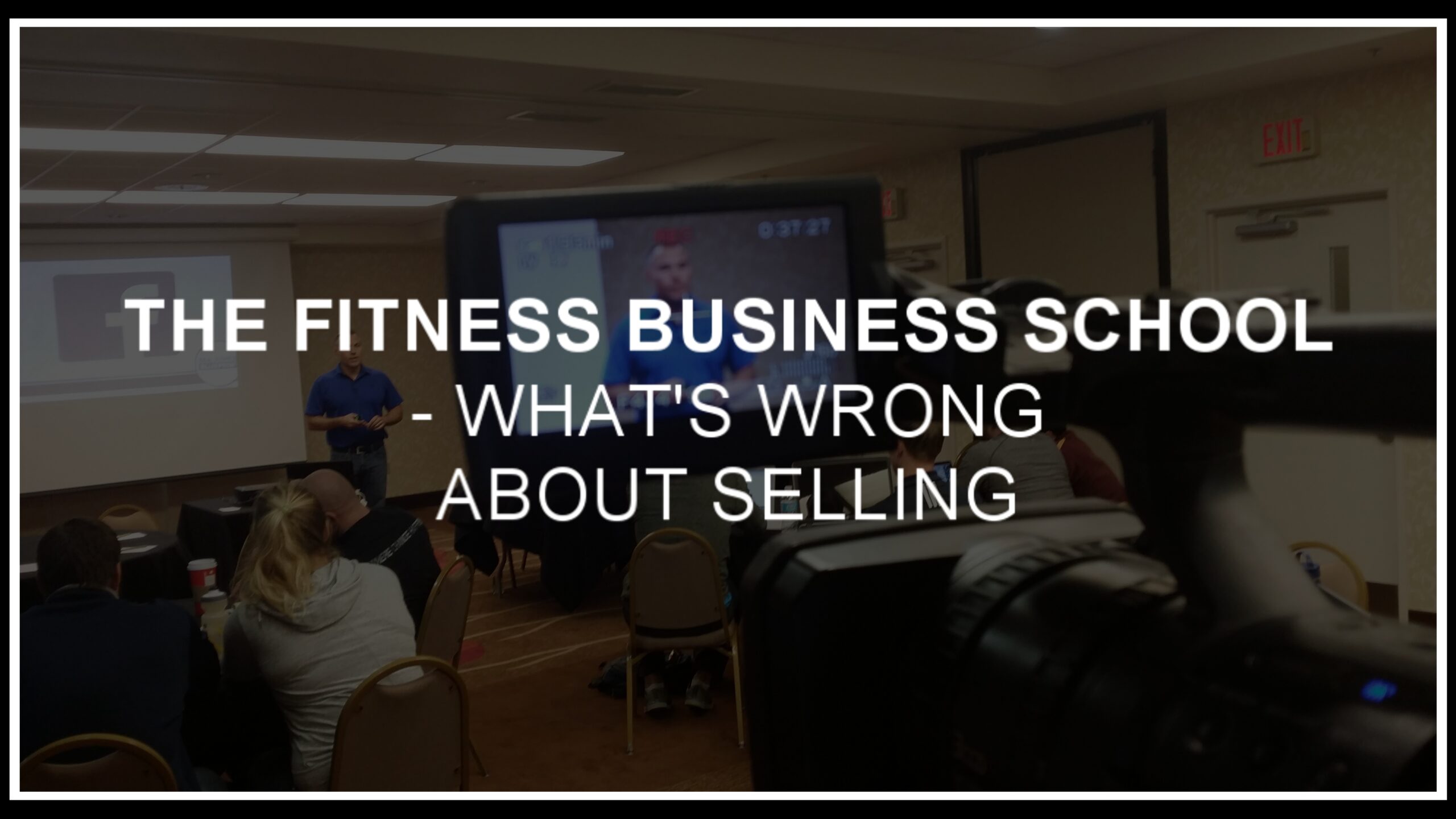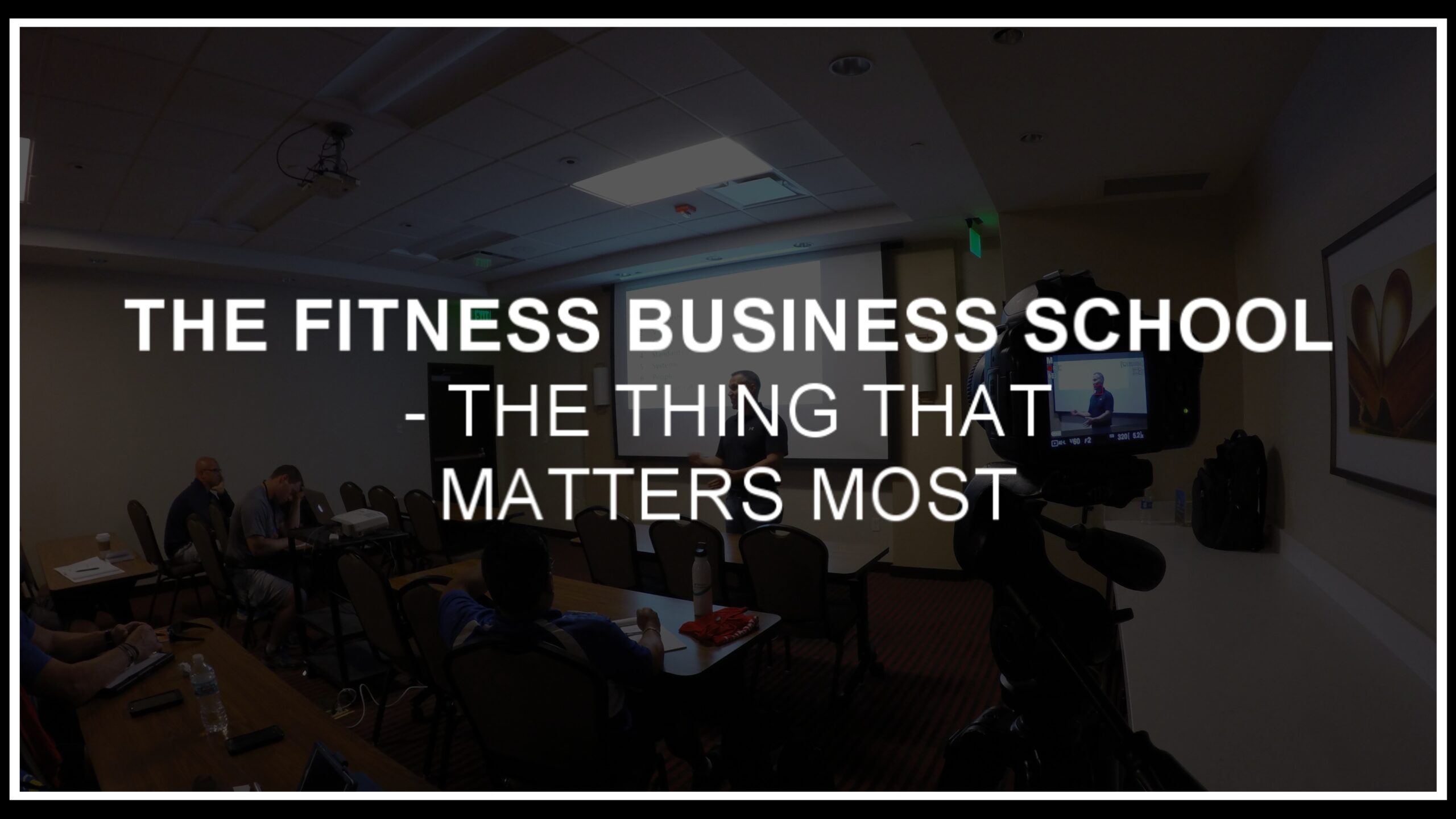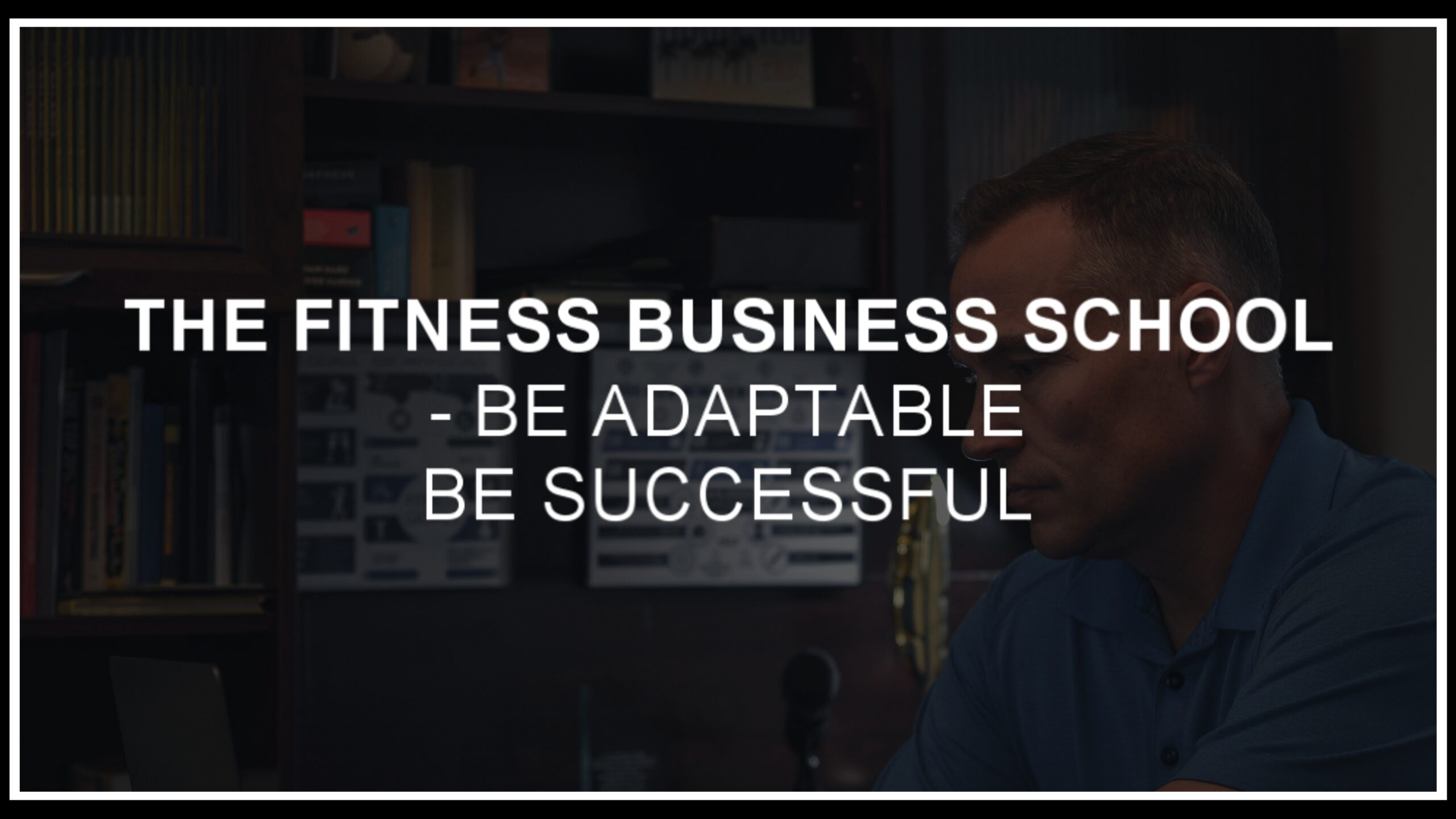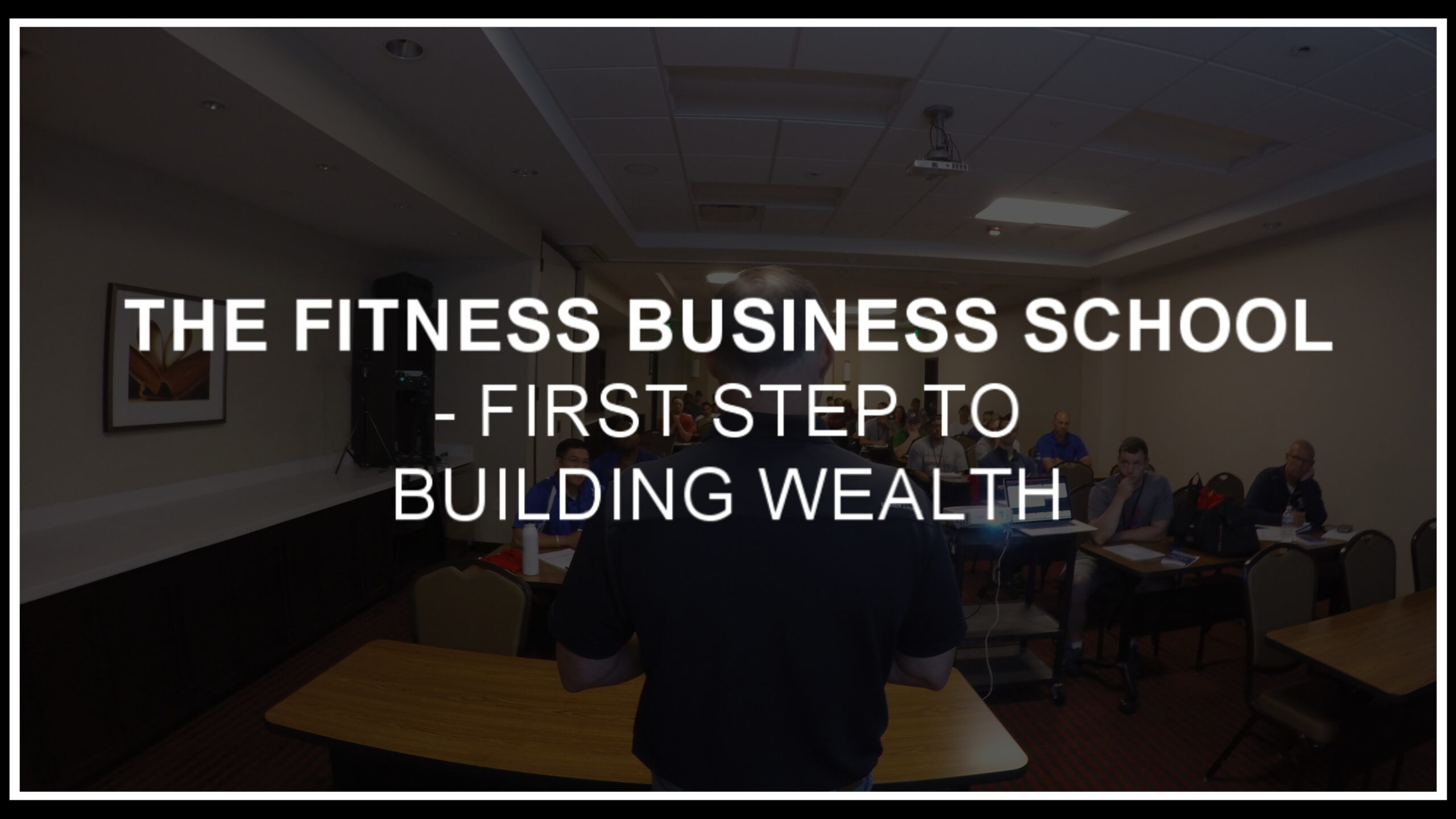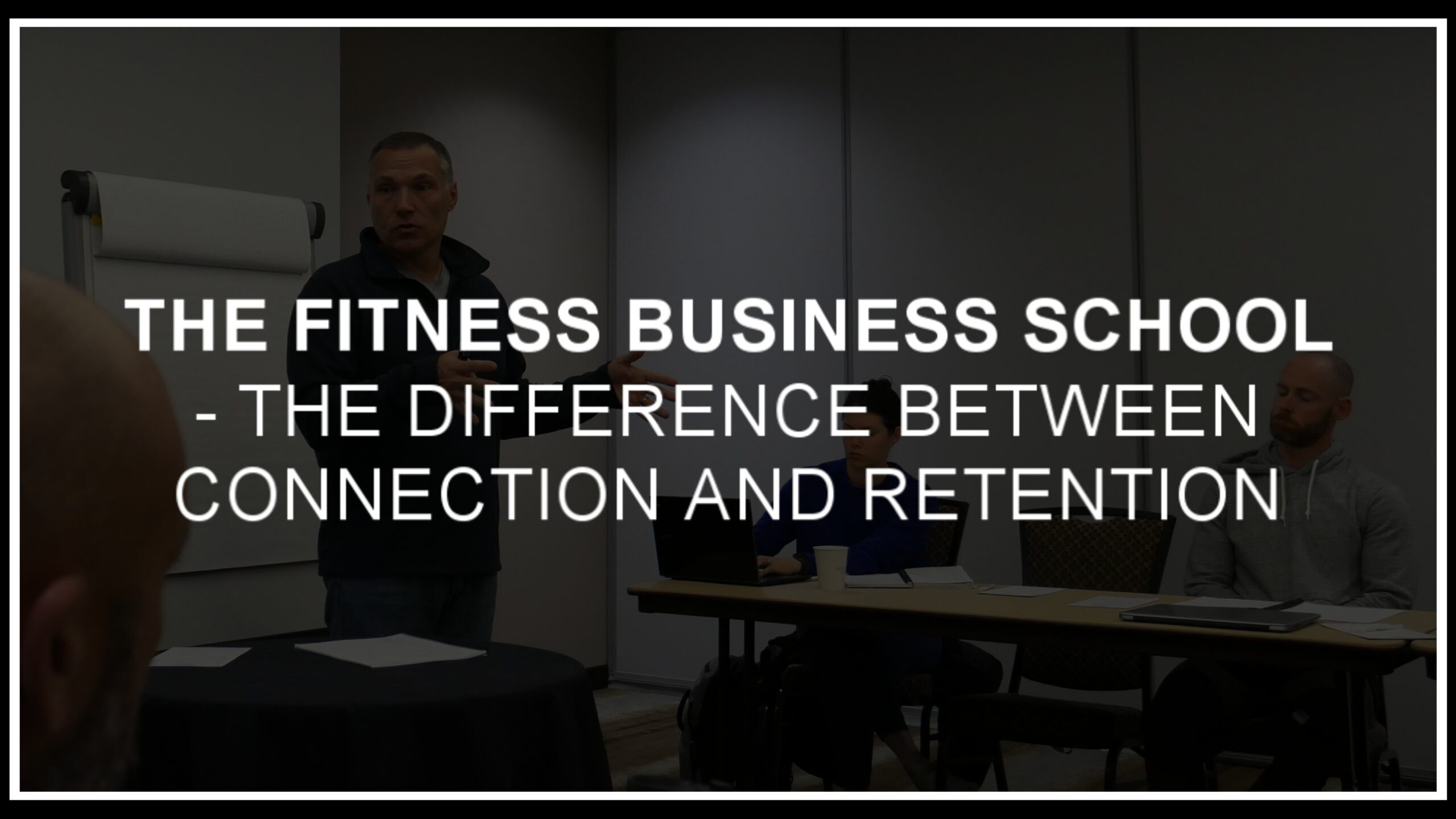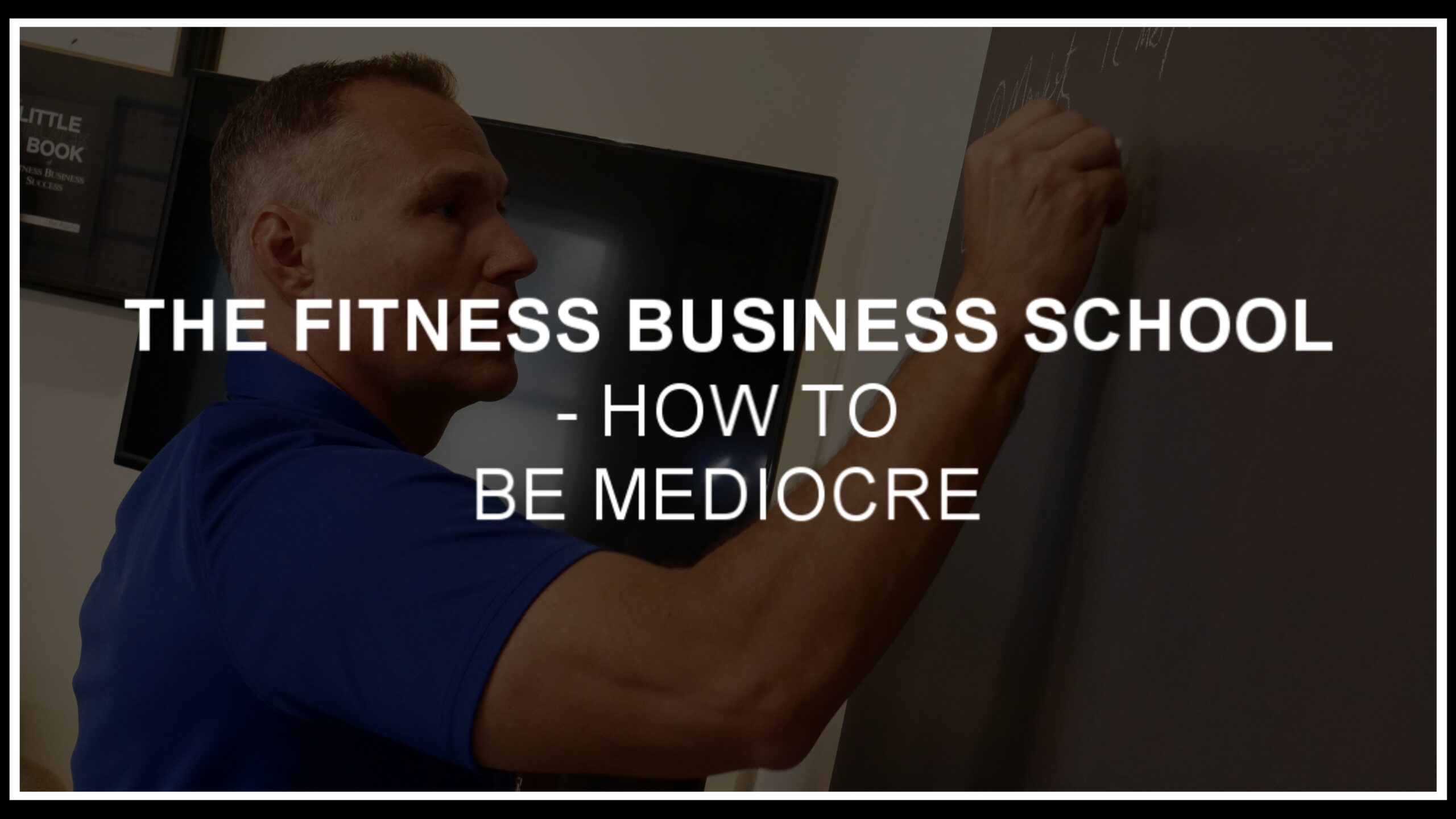Show Notes
- Being a “hard worker” used to be the ultimate compliment
- But…smart work beats hard work
- You do have to put long hours into a successful business but they need to be strategic
- Decide where you want to go then reverse engineer a plan
- “Busy” is not “great”
- Just get the right stuff done
- Identify 2-3 of the most important daily tasks and do them
- Consistently ask yourself “is this the most important thing I could be doing right now?”
P.S. – 6-Weeks of Coaching…Free.
Get a surge of new clients and revenue over the next 6 Weeks with ZERO FEE and no obligation to continue?
If you’re a current business owner who wants to add 50K or more in annual revenue over the next 12 month, you can Test Drive our coaching program for 6 Weeks with no fee or even an obligation to continue as a way to demonstrate how we can help you grow your business.
No strings attached. No obligation. You get our best coaching & tools…and hopefully, you’ll love it enough that you want to keep working together.
Would you be interested in discussing?
If so, email me here with ‘interested’ in subject line and we’ll set up a chat.
Full Transcript
Hey, Pat Rigsby here. And in this episode, I want to talk with you about what I consider the truth regarding hard work, got a lot to cover. So let’s get to it.
Welcome to The Fitness Business School podcast – the show for fitness business owners who want to grow their income, increase their impact and improve their lifestyle. Be sure to listen til the end of this episode, because we have a brand new special offer exclusive for listeners. So stay tuned.
Growing up for me like the, in the world, I lived in this, this idea of being a hard worker. That was a badge of honor. I mean, you’d hear people talk about somebody, and that was almost one of the defaults when they wanted to give somebody a compliment that say, man, this guy’s a hard worker. It, it might have been like the strongest compliment somebody could give. I know for my dad, that’s probably the, the strongest compliment. He might give someone, right. It, if someone’s was willing to do things that other people didn’t want to do, climb on a roof and, and you know, hang shingles or, you know, get out and do some uncomfortable work in, in the heat or thing. You know, if they’re willing to sweat a little more, go a little longer, that was this kind of mark of success, but I’ll tell you what I figured out O over the years, it’s the wrong way to look at things.
Now, I grew up working in my, my dad’s garage. He owned, owned, and cont and used to own a, an auto repair business. And he, you know, so he’d had me come in and work. And man, when I was probably, I think, 13, I started doing work as, as the de facto janitor, and then later kind of janitor slash mechanic during the summers. And when I say mechanic, definitely just like a, a, a parts changer. I wasn’t any sort of highly skilled mechanic, but man, I can’t tell you how many times I was under the hood of a car sweat. And, you know, in, in this building that felt like an oven during the summers. It was not like air conditioning or anything and straining and trying to, to, to, you know, get part loose or something. Then my dad come over with some different tool and accomplish what I had been working on for 15 minutes. He’d, he’d get done in, you know, a couple twists with, you know, some sort of you know, tool that, that really kind of automated the process, if you will. And you know, it was kind of then and there that of, of all places in, you know, probably the hardest working environment I had been exposed to and may, may still have been exposed to.
I saw very quickly that smart work, beat hard work. Now my, my first real career was I was a college baseball coach among other jobs that I held at the university. And I remember how I spent my time versus the coach who followed me in the same position spent his, I spent about 90% of my time on recruiting players and developing players. And we won, I don’t know, 70% of our games, roughly I think, you know, 69.4% of our games or something. And he focused about two 20% of his time on those same things. And, you know, and then he’d, he’d get out and do the, the, the hard work working on the field and that sort of stuff. And the field was prettier when he coached, but they won about 45% of their games. Now, you know, for me, that was another reminder of how hard work didn’t necessarily beat smart work.
Now make no mistake. I’m I’m not suggesting that it doesn’t take hard work to build a business. In fact, the, the opposite is true. I’ve yet to meet a person who didn’t put in a bunch of hours in, or to have any degree of success. You know, I, I’ve never met the person who actually worked the four hour work week, but I’ve also never met anybody. Who’s built a great business and it was just hard work. It wasn’t smart work too. It wasn’t being strategic. It wasn’t finding ways to create, leverage every great business that I’ve been around. You know, they, they didn’t just say, well, Hey, I’m gonna throw more hours at the situation and that’ll solve it. No, they, they look for a way to, to better solve the problem. So here’s some, some thoughts on how you may be able to, to work a little bit smarter. The first is deciding where you want to go. And if you do that and then reverse engineer a plan to get there, you know, now we’ve got a framework to, to work from. And then the, the next thing is understanding that being busy is, is not a good thing. Like how many people brag about being busy. In fact, when somebody tells me, Hey, you’re so busy, I’m, I’m a little bit offended by it, to be honest, because like, if that’s the way that you’re interpreting this, and you’re not just saying it because that’s what people just kind of throw out there, then I’m doing this wrong.
If I appear to be really, really busy and not protective of my time and not strategic with my time, then that’s not good. Anybody can be busy. The more important thing is who gets more of the right stuff done each and every day. And that kinda leads me to the next idea. I I’ve used a daily planner since about 1994. And, you know, if, if I go into the day already identifying the, the two to three most important tasks and focusing on those, I know that I’m ahead of the game because most people don’t, most people are reactive. And you know, the last thing that, that I would say can, can kind of help you make sure that you’re working smart is when you spend time on something, the, the way that I look at this is you’re basically saying, Hey, this is the most important thing I could be doing right now. And sometimes we just need to be a little bit more self aware and ask ourself, the question is this the most important thing? Is this the most valuable thing I can be spending my time on? And if it’s not, perhaps we need to find a way to reallocate our time and our resources.
So if you know, I mean, if you want to, to build something better, wanna build a great business, you know, you’re, you’re going to have to put in plenty of hard work. There’s no getting around that. In fact, I think that’s a wonderful filter that, that weeds out a lot of those people who like the idea of having a great business, but are unwilling to build one. But, but no, that I, if you are just constantly busy doing, you know, $5, $10 an hour tasks, then you are not finding ways to work smarter a and leverage your time better and make your time more valuable. Then you’ve just got yourself a really challenging, low paying job that you’re gonna be tethered to for a long in time. So take the tips that I just shared and figure out how to work smarter. Your business will be better for it.
Thanks for listening to this episode of The Fitness Business School. Before you go, I have a quick announcement. When I first connect with a fitness business owners, they almost always asked me, how can I get more clients or make more money? Well, I have an exclusive offer for you, and it’s gonna help you do just that. As a listener of this show, you can test drive our business growth accelerator coaching program for FREE.
BGA is a one of a kind program where you get done-for-you marketing tools and a level of coaching that is unmatched in our industry to help you attract more qualified prospects and convert them into paying clients, ultimately making you more revenue and personal income.
Imagine having every tool template ads, script you need all proven to convert in, ready to use. Plus you have access to over 10 weekly live video coaching sessions to help you with everything from dialing in your ads, to mastering your mindset. You get all of this and more when you joined BGA and to help you succeed, I’m going to do something I’ve never done before. I’m going to let you test drive BGA at zero cost.
If it delivers for you in the way that I expect – it more than it pays for itself, and you’ll probably want to stay. If not, you’re out nothing and have a library of proven tools and resources to keep.
To take advantage of this special offer. Just email me [email protected] and put test drive in the subject line, and I’ll get you all the details.



